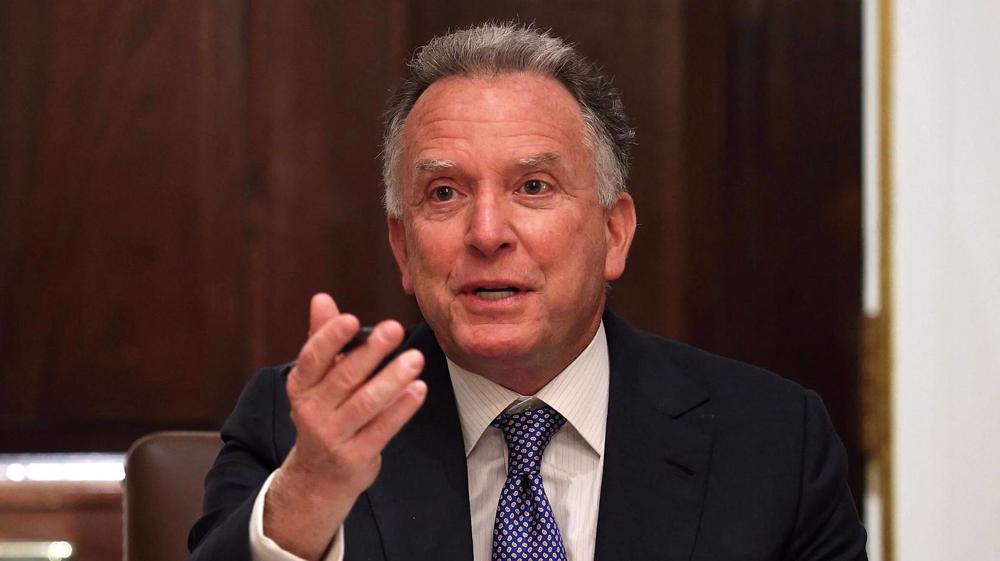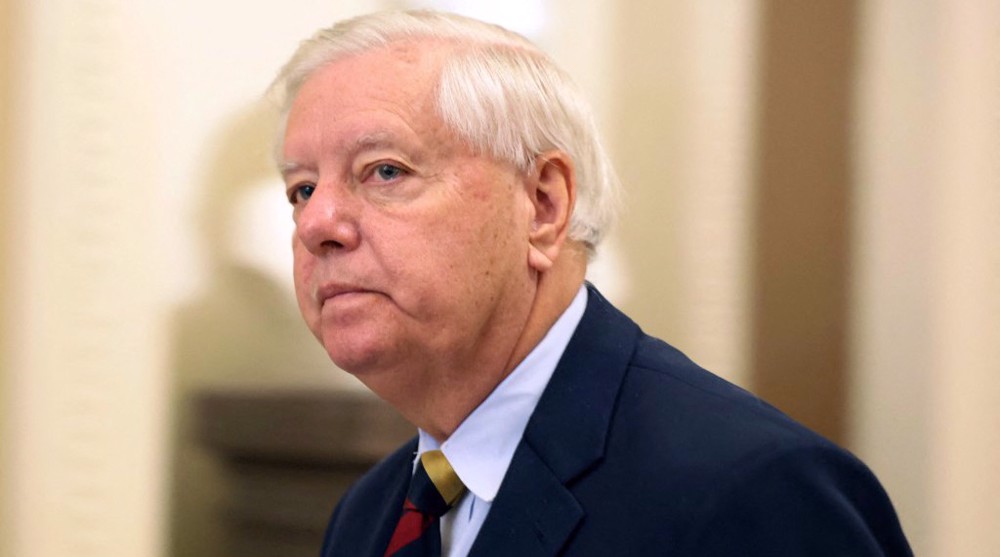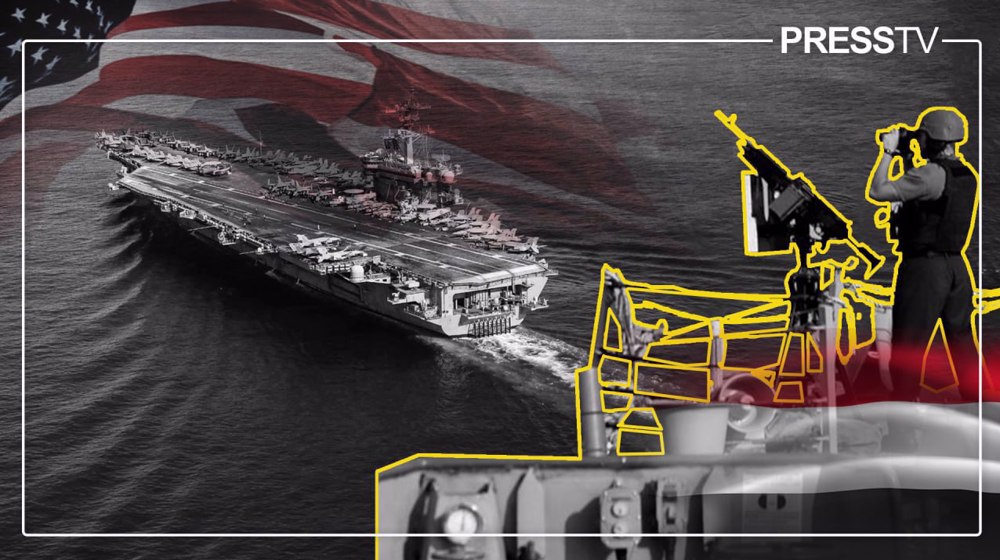US denies involvement in assassination of Russian envoy
US Secretary of State John Kerry has denied American involvement in the assassination of Russia’s envoy to Turkey, voicing concern about Ankara’s rhetoric against Washington.
On Tuesday, Turkey blamed US-based opposition cleric Fethullah Gulen for Monday’s assassination of the Russian ambassador to Turkey and tried to place blame on the United States for allowing Gulen to live in the country.
Kerry has raised concerns about "some of the rhetoric coming out of Turkey with respect to American involvement or support, tacit or otherwise, for this unspeakable assassination yesterday because of the presence of Mr. Gulen here in the United States," US State Department spokesperson John Kirby told reporters on Tuesday.
Kirby dismissed the accusation as ridiculous and warned against hasty conclusions.
"We need to let the investigators do their job and we need to let the facts and the evidence take them where it is before we jump to conclusions," Kirby added. "But any notion that the United States was in any way supportive of this or behind this or even indirectly involved is absolutely ridiculous."
Turkish Foreign Minister Mevlut Cavusoglu told Kerry during a phone call on Tuesday that both Turkey and Russia "know" that a movement led by Gulen was behind the attack, according to a Turkish Foreign Ministry official speaking on condition of anonymity.
The Russian ambassador to Turkey, Andrei Karlov, was fatally shot on Monday by an off-duty policeman while attending an event at an art gallery in Ankara.
The assailant, identified as 22-year-old Mevlut Mert Altintas, was later killed in a shootout with police.
After carrying out the murder, which was caught on camera, the assailant went on a rant, blaming Russia for the death of civilians in the Syrian city of Aleppo.
The assassination was condemned by the Turkish and Russian leaders as an attempt to derail bilateral ties. It came as the countries are maintaining cooperation over the Syrian crisis.
Moscow and Ankara support the opposing sides of the conflict in Syria and the two have military presence in the Arab country.
VIDEO | Press TV's news headlines
VIDEO | Iran will not 'capitulate' since it has military surprises for US
China overtakes US as Germany’s top trading partner
VIDEO | Displaced Gazans struggle to find clean water amid Ramadan
VIDEO | Pakistan strikes militant camps along Afghan border after suicide bombings
Iran FM: Chance still exists for win-win solution to nuclear issue
Denmark rejects Trump's plan to send US hospital ship to Greenland
US Secret Service kills man trying to enter Trump’s Mar-a-Lago estate










 This makes it easy to access the Press TV website
This makes it easy to access the Press TV website